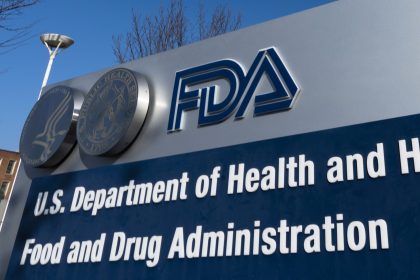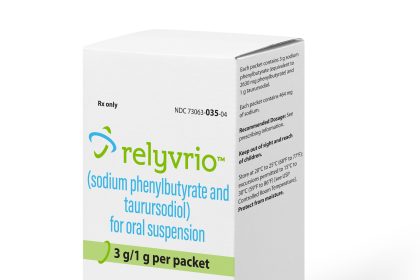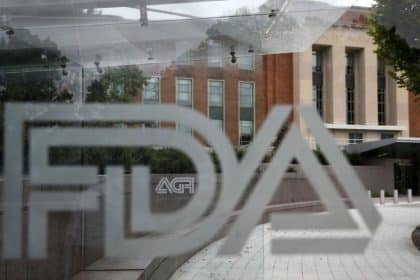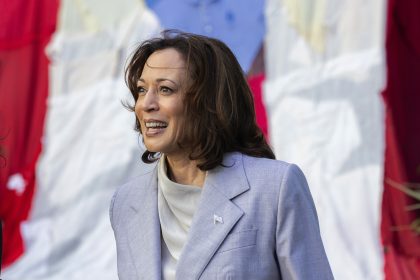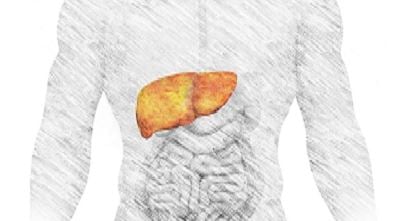Slipping in Polls, President Banks All on Hastily Assembled Pharma Policy
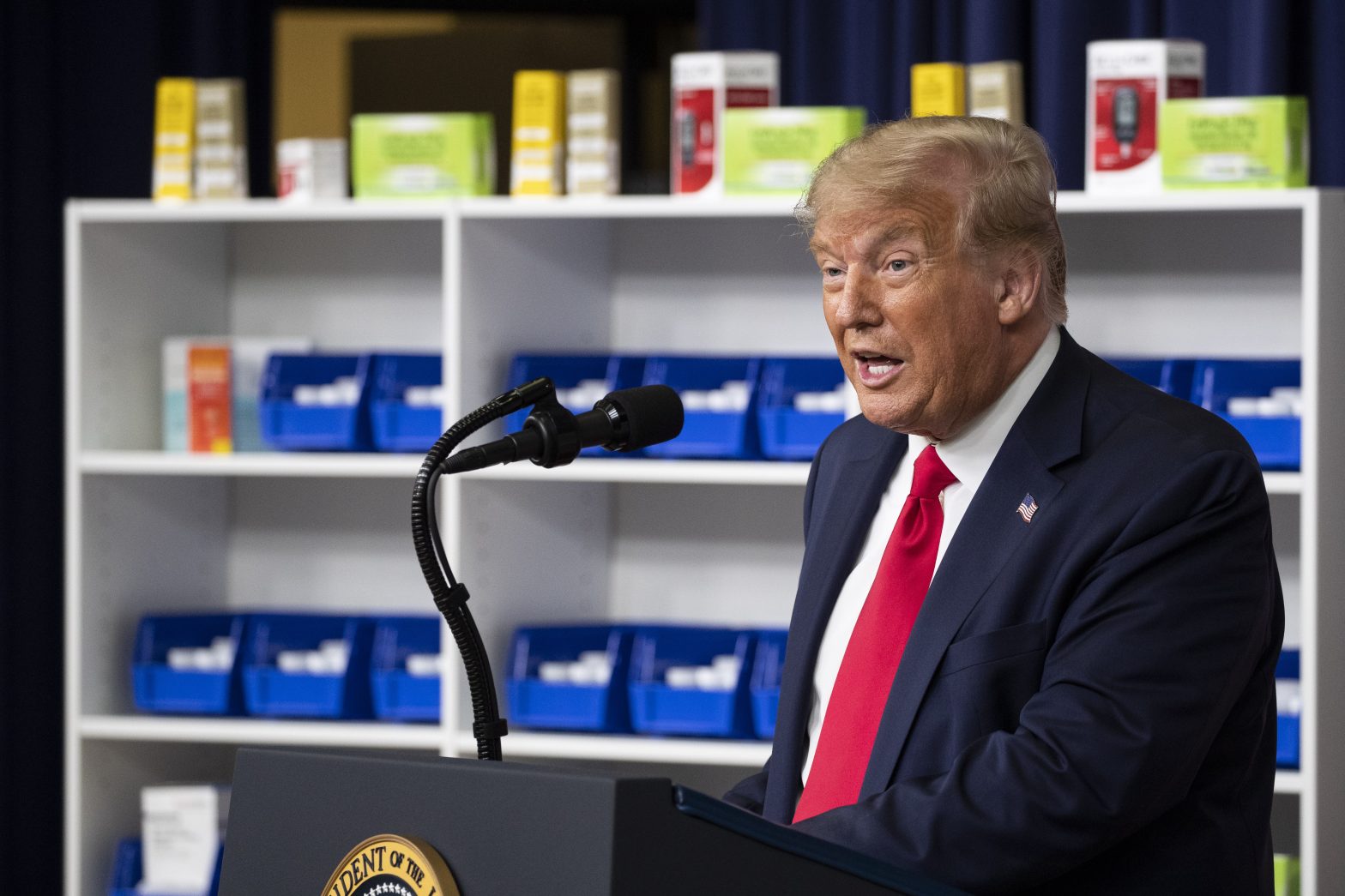
WASHINGTON – President Donald Trump signed four executive orders Friday afternoon that he says will dramatically reduce the cost of prescription drugs.
But even before his press conference in the Old Executive Office building was over, the orders were being panned as everything from “political stunt” to a swing toward “a radical and dangerous policy.”
The White House did not distribute a text of the new policy before the signing event, and a background briefing with reporters was not held until after Trump left the stage.
The centerpiece of the orders Trump unveiled Friday was the revival of a proposal to tie that payment for physician-administered drugs in Medicare to foreign drug prices.
In practice that would mean using an International Pricing Index that would link payments for Medicare Part B drugs to an average of drug prices in other developed countries.
The White House floated the same plan last year, but pulled it back, saying it needed more work.
Publicly, Health and Human Services Secretary Alex Azar said at the time that the president wasn’t satisfied with the model he was presented with because it did not assure the United States “would get the lowest price of any country in the pool.”
It wasn’t clear Friday what had changed about what Trump called the “granddaddy” of the policies he was announcing, and he promised to drop the plan if pharmaceutical companies could present a better option within the next month.
Pharmaceutical industry executives are meeting at the White House on Tuesday.
Another aspect of the plan unveiled Friday would be to eliminate the rebates drugmakers pay to pharmacy benefit managers.
This too was a plan the White House abruptly abandoned a year ago over concerns it would increase seniors’ Medicare premiums ahead of the election.
Trump said combined the policies “will lead to massive reduction in drug costs.”
Other orders will encourage importation of cheaper medicines by states, wholesalers and pharmacies and direct certain federally-funded health providers to pass savings on insulin and EpiPens directly to patients.
Regardless of the details, the one thing that was certain Friday evening was that the orders were not immediately enforceable, and that regulations needed to implement them would probably not be finalized before the November presidential election.
Nevertheless, the president appeared to be in good spirits as he declared, “The four orders I’m signing today will completely restructure the prescription drug market.”
House Energy and Commerce Committee Chairman Frank Pallone Jr., D-N.J., disagreed.
“President Trump’s Executive Orders are a desperate and ineffective election year stunt to try to convince people he’s following through on his promise to lower prescription drug prices,” he said.
“If the President was serious about significantly lowering prescription drug costs, he would work with Democrats to get H.R. 3 signed into law,” Pallone continued. “Unlike these Executive Orders, H.R. 3, which already passed the House, would actually fulfill his campaign promise to empower the government to negotiate fair prescription drug prices for the American people.
“Instead, President Trump is pursuing symbolic Executive Orders that will not meaningfully reduce the skyrocketing prices people pay at the pharmacy counter,” he said.
House Ways and Means Committee Chairman Richard E. Neal, D-Mass., went a step further in his criticism.
“Yet again, President Trump provides fanfare but no real policy action,” Neal said. “Today’s announcement won’t do anything to lower the high cost of medicines that Americans worry about around their kitchen tables.
“If he were serious about putting the needs of the American people first and lowering drug prices, he would tell the Senate to pass H.R. 3 and sign it into law,” the chairman continued. “H.R. 3 is the comprehensive, House-passed legislation that would empower the HHS Secretary to negotiate prescription drug prices, saving nearly $500 billion in prescription drug costs for both Medicare beneficiaries and patients at-large. Instead of allowing negotiation, the President is once again siding with prescription drug corporations over the American people.
“The Ways and Means Committee has taken action to meaningfully lower prescription drug costs. Meanwhile, the President is trying to trick the American people into thinking he’s providing relief in an attempt to score political points,” Neal said.
The pharmaceutical industry response came from Steve Ubl, president and CEO of PhRMA, its largest trade group.
“In his 2020 State of the Union Address, President Trump declared that ‘we will never let socialism destroy American health care,’” Ubl said.
“Yet, in the middle of a global pandemic, when nearly 145,000 Americans have lost their lives and millions of others have suffered untold economic hardships, this administration has decided to pursue a radical and dangerous policy to set prices based on rates paid in countries that he has labeled as socialist, which will harm patients today and into the future,” he said.
“The research-based biopharmaceutical industry has been working around the clock to develop therapeutics and vaccines to treat and prevent COVID-19,” Ubl continued. “The administration’s proposal today is a reckless distraction that impedes our ability to respond to the current pandemic – and those we could face in the future. It jeopardizes American leadership that rewards risk-taking and innovation and threatens the hope of patients who need better treatments and cures.
“The president’s attempt to open our country up to socialized health care sets America, our economic recovery and scientific progress back at a time when we need them most,” he said.



















